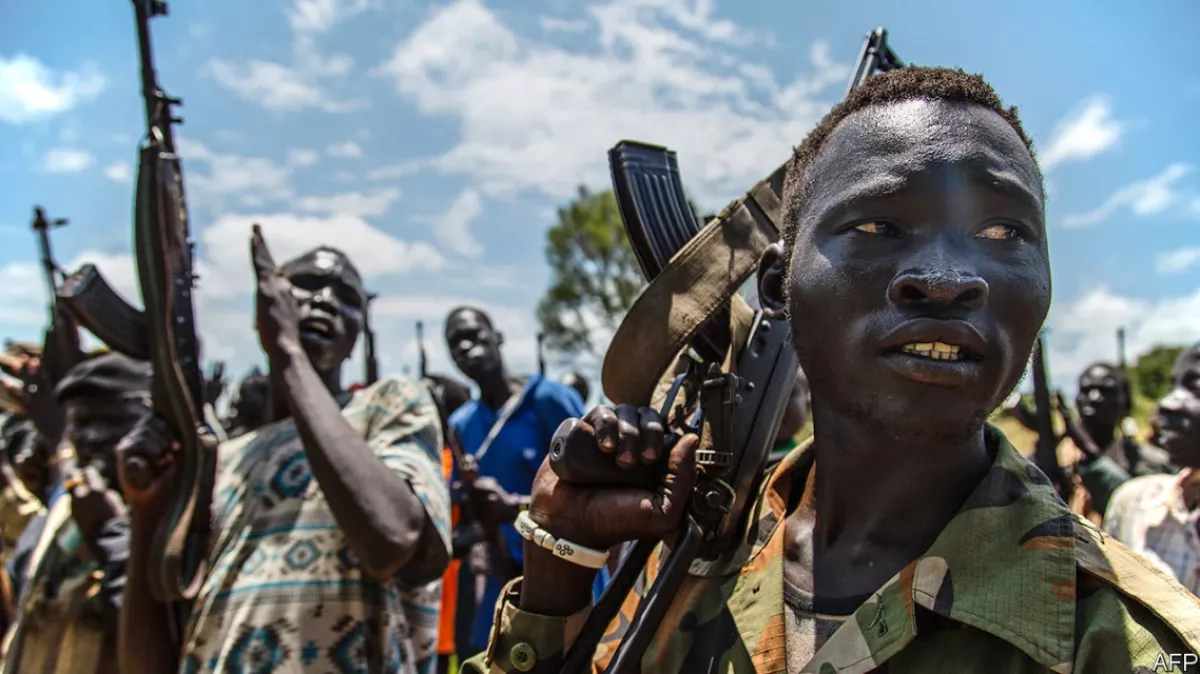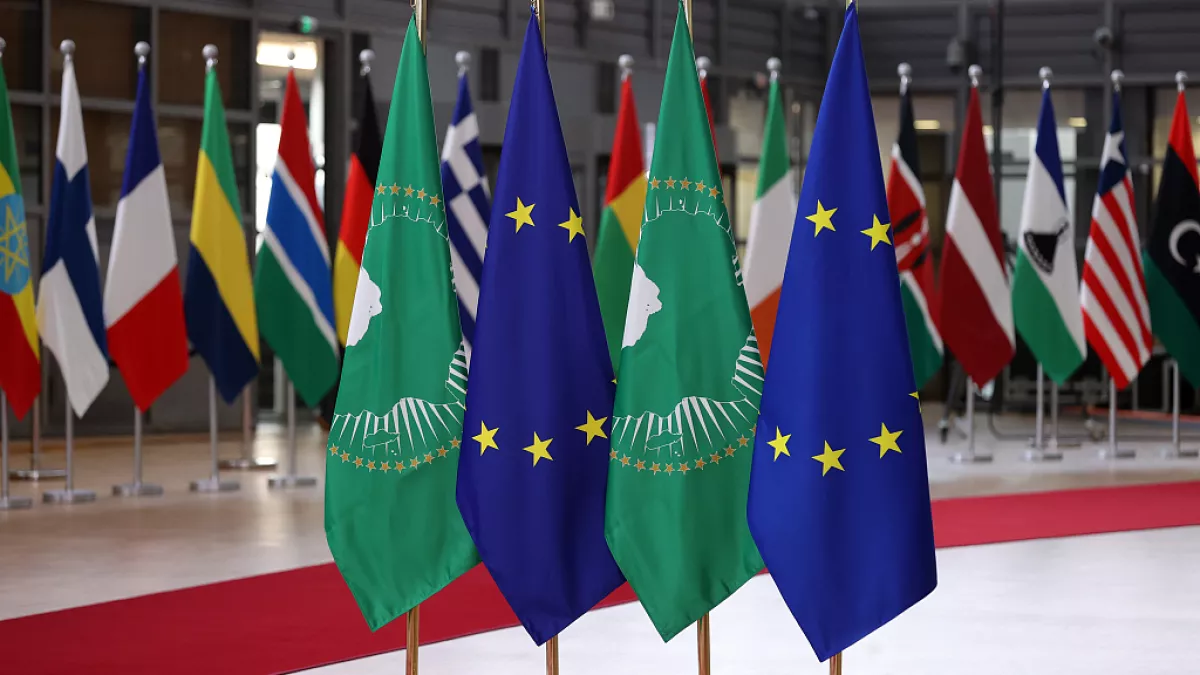Escalating conflicts in Africa and Europe’s declining role PHOTO
Over the past decade, the scale and intensity of conflicts in Africa have sharply increased, with new external actors exacerbating the situation while Europe steadily retreats from involvement. Between 2013 and 2023, the number of internal conflicts in Africa nearly doubled from 15 to 28, accounting for half of the world’s civil wars.
The deteriorating situation across the continent is not limited to governments. Conflicts between non-state actors have also surged—from 5 in 1989 to 42 in 2022. The German Internationale Politik publication has shed light on this increasingly worrying trend, noting, that 32 million Africans are internally displaced as a result -three times more than in 2010—and another nine million have completely fled their countries.
The article's authors have identified three main factors drive this escalation. First, jihadist groups have rapidly expanded across regions like the Sahel, West Africa, and the East African coast. Governments have responded with harsh counterinsurgency operations, often involving brutal tactics. Second, African civil wars have become increasingly internationalized, extending their duration and intensity. Countries such as the United Arab Emirates (UAE), Russia, and others have played decisive roles in conflicts in Ethiopia, Sudan, and elsewhere. The UAE, for example, was deeply involved in Ethiopia’s civil war and supports the Rapid Support Forces (RSF) in Sudan, which is now the world’s largest source of displacement. Neighbouring states, such as Rwanda in the Democratic Republic of Congo, also contribute to destabilization, though this regional interference is not new.

The third factor is growing fragmentation among both local and external actors. In Sudan, the main warring parties rely on loosely controlled militias and receive backing from countries such as the UAE, Egypt, Iran, and Russia. This mix of actors complicates peace efforts and increases the volatility of conflicts.
Traditional peacebuilding mechanisms, such as UN peacekeeping missions and power-sharing agreements, have proven ineffective. UN efforts in countries like Mali, South Sudan, and the DRC have failed due to vague mandates, insufficient resources, and weak political settlements. Divisions within the UN Security Council have further weakened the organization’s authority, while EU-led capacity-building for African security forces has met with skepticism from local governments.
At the same time, the African Union (AU) struggles to fulfil its vision, such as the "Silencing the Guns by 2030" initiative. Its dependency on external funding—two-thirds of its budget comes from donors—undermines African ownership. Many African governments prefer forming ad-hoc regional coalitions instead of relying on AU-led solutions. Preventive diplomacy is increasingly rare, even among influential states like Nigeria, South Africa, and Kenya, which are often preoccupied with internal issues.

The European Union, meanwhile, has fallen into a passive role. According to the article, its inability to offer effective support or confront external “spoilers” has reduced its credibility. The Libyan civil war exemplifies this failure: the UAE supported Haftar’s 2019 offensive with foreign drones and air defence systems, while Europe and the U.S. remained silent. Similar patterns occurred in Ethiopia and Sudan, where Western countries avoided challenging the UAE or other actors, prioritizing broader strategic interests—such as arms exports, migration control, and relations with Israel—over African stability.
The Sahel has seen an especially sharp decline in European influence, as anti-French sentiment and coup-driven nationalism forced France and its partners, including the UN and EU, to withdraw. This vacuum was quickly filled by new actors, particularly Russia and the UAE.
Looking ahead, the article warns that African conflicts may be settled by force, devolve into endless violence, or become frozen conflicts supported by external powers without effective multilateral engagement. Scenarios include jihadist takeovers (like a possible Syrian-style outcome in Mali), externally brokered power deals, or protracted stalemates like in Libya.
Though the EU might be tempted to focus solely on defence at home, abandoning African engagement would be shortsighted. Instability in Africa will inevitably impact Europe, especially through migration and regional insecurity. European influence may be limited, but without proactive conflict management and prevention, Europe risks becoming a passive bystander. The authors urge for a critical reassessment of AU-EU cooperation, particularly in peace and security, at the upcoming summit at the end of the year.
By Nazrin Sadigova








